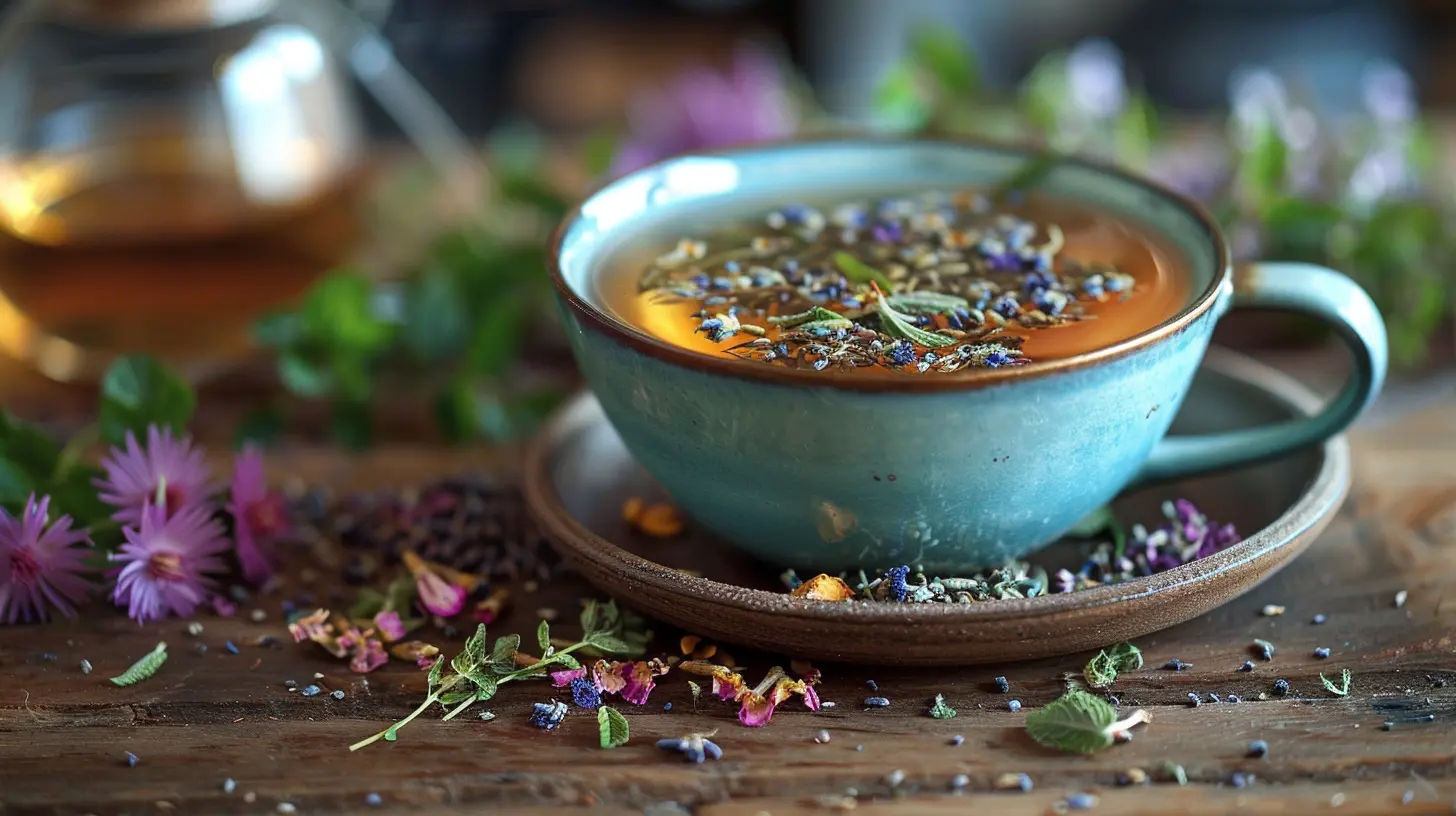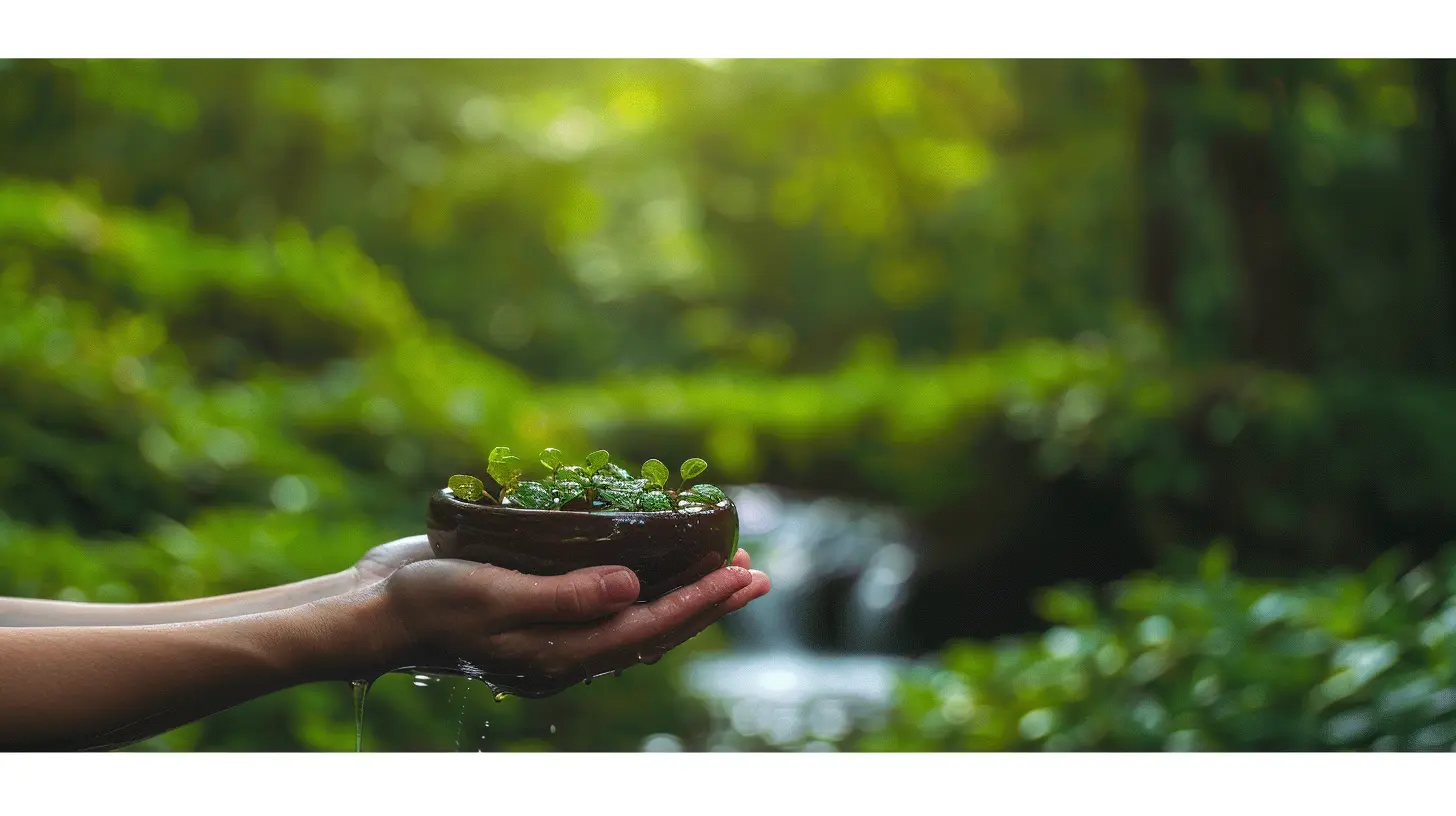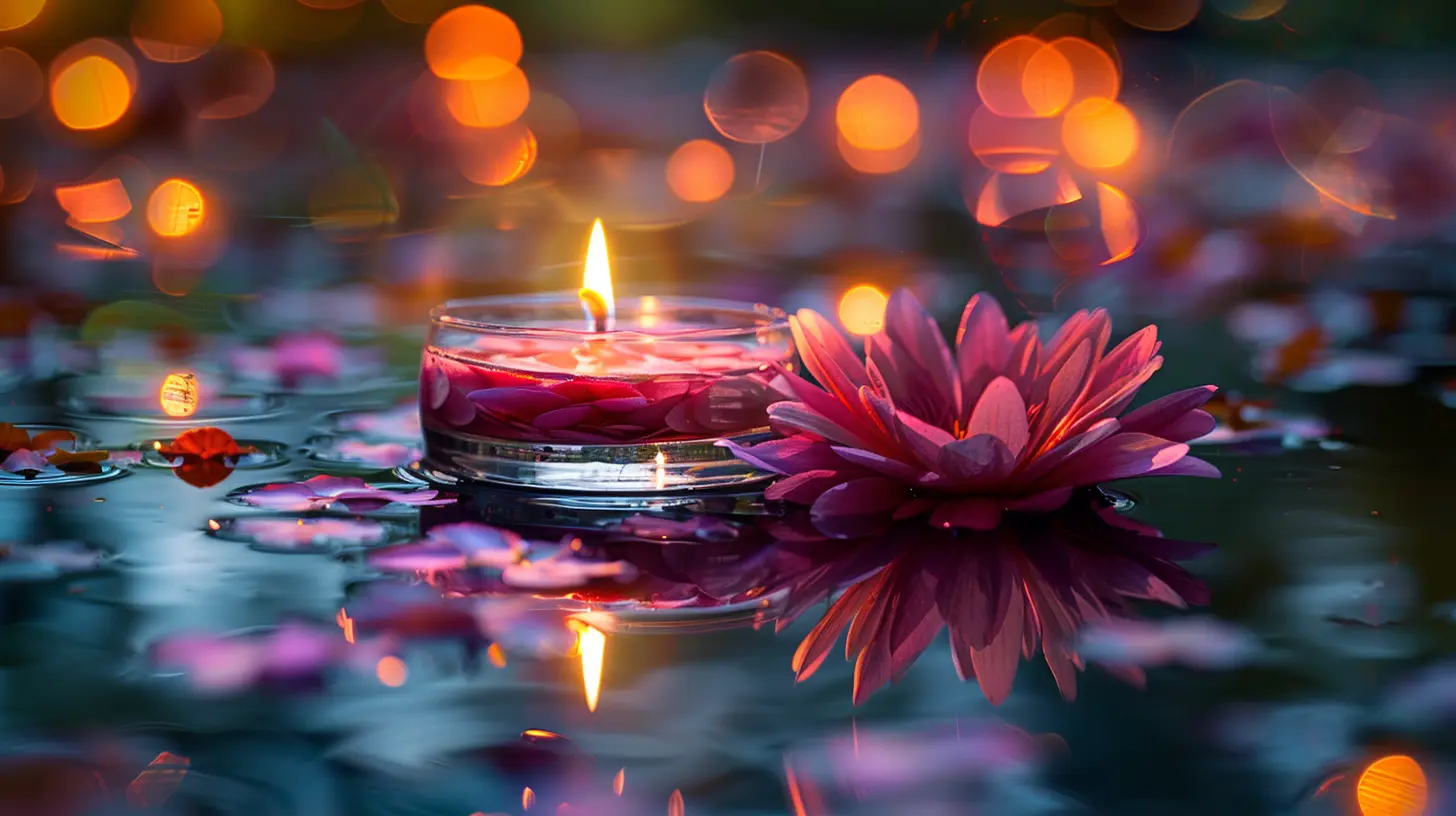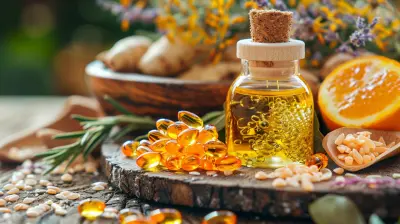Herbal Remedies: Nature's Path to Restoring Inner Peace
9 August 2025
Let’s be real. Life gets overwhelming sometimes. Work pressures pile up, juggling responsibilities becomes a circus act, and before you know it, you're running on fumes. But here’s the good news—you don’t always need to pop a pill or book a last-minute spa retreat to feel better. Sometimes, all you need is to slow down and let nature do its thing. That’s where herbal remedies come in.
Herbs have been humanity’s go-to healers for centuries. Long before pharmaceuticals lined our bathroom cabinets, people turned to leaves, roots, flowers, and barks to find relief—both physically and emotionally. And if you’ve ever sipped chamomile tea to unwind or rubbed lavender oil onto your temples, then you’ve already dipped your toes into the calming world of herbal remedies.
In this article, we’re diving deep into how herbs can help you find a sense of calm, balance your emotions, and restore your inner peace. So grab your favorite cup of tea, get comfy, and let’s walk the green path together.
Why Inner Peace Matters (And Why You're Probably Ignoring It)
Before we jump into the herbal stuff, let’s talk about inner peace. It's not just a poetic phrase or something reserved for yogis in mountaintop monasteries. Inner peace is your emotional baseline—it’s the calm that lets you think clearly, breathe deeply, and keep your cool when life gets chaotic.The problem? Most of us ignore it. We power through stress, numb our anxiety with quick fixes, and keep pushing until something forces us to stop (usually burnout). Here's where herbs can help—not by masking your stress, but by supporting your body and mind in finding balance naturally.
How Do Herbal Remedies Work Anyway?
Good question. Herbal remedies work by interacting with your body's systems—in particular, your nervous system, endocrine system, and even your gut. Some herbs calm the nerves, some balance your hormones, while others support your adaptogenic response (basically how your body handles stress).Think of them like gentle nudges from nature. They don't force your body to do something unnatural. Instead, they ease you back into a state where your body can heal, rest, and restore on its own.
Top Herbs That Help Restore Inner Peace
Alright, let’s talk specifics. Here's a list of well-loved herbs that have earned their place in the world of emotional wellness:1. Ashwagandha – The Stress-Busting Super Root
Let’s call Ashwagandha the therapist of the plant world. This adaptogen helps your body respond better to stress by reducing cortisol levels (that’s your stress hormone). It’s like a chill pill, but natural.It also promotes better sleep, helps with anxiety, and even boosts energy. Whether you’re wound up like a tight spring or completely drained, Ashwagandha helps bring you back to center.
How to use it: Ashwagandha powder or capsules work great. Add it to your smoothies or take it as a supplement.
2. Chamomile – The Gentle Soother
You’ve probably heard of chamomile tea being good for sleep. But chamomile does more than that. It's calming, anti-inflammatory, and can help ease anxiety and digestive issues—especially when stress hits your stomach.Drinking chamomile is like getting a big warm hug from your grandma. Comforting and soothing.
How to use it: Brew it as tea before bedtime or whenever you feel frazzled.
3. Lavender – Nature’s Chill Pill
Ever sniffed lavender and felt instantly more relaxed? That’s no coincidence. Lavender has proven calming effects on the nervous system. It can ease anxiety, boost mood, and even help with mild depression.It’s your go-to herb when your thoughts are racing, and you can't stop overthinking everything.
How to use it: Diffuse lavender essential oil, rub it on your wrists or temples, or take a bath with a few drops of the oil.
4. Lemon Balm – The Mood Uplifter
Lemon balm is like sunshine in a cup. It belongs to the mint family and has a slightly lemony taste that lifts your spirits and calms your nerves.Studies suggest it can help ease anxiety, support cognitive function, and promote better sleep. It’s also great if you feel anxious and can’t concentrate.
How to use it: Sip it as herbal tea or take it in tincture or capsule form.
5. Passionflower – The Sleep Enchanter
If nighttime anxiety or insomnia is your nemesis, passionflower is worth checking out. It promotes deep, restorative sleep by increasing GABA levels in the brain (that’s the neurotransmitter that keeps you calm).Think of it as a lullaby in herb form.
How to use it: Best taken as a tincture or tea before bedtime.
6. Holy Basil (Tulsi) – The Mind-Body Balancer
Holy Basil is a sacred herb in Ayurvedic medicine. It’s a powerful adaptogen that supports mental clarity, emotional strength, and the immune system—all in one go.It’s perfect when you feel out of sync and need to reconnect with yourself.
How to use it: Sip Tulsi tea during the day to stay grounded and focused.
Creating Your Own Herbal Routine
Now that you’ve met the herbal dream team, the next step is figuring out how to make them part of your daily life. Here are a few easy ways to do that:🌿 Sip Your Way to Serenity
Drinking herbal teas is one of the easiest and most soothing ways to get your herbal fix. Create a calming tea ritual before bed or during your work breaks. Try mixing herbs like chamomile, lemon balm, and lavender.🧴 Aromatherapy for the Win
Essential oils like lavender, peppermint, and frankincense can instantly shift your mood. Diffuse them in your room, add them to your bath, or use a rollerball on your pulse points.💊 Supplements That Support Your Flow
Capsules or tinctures are great if you want a more convenient, concentrated dose. Just make sure you buy from reputable sources—look for organic ingredients and third-party testing.🍵 Herbal Tonics and Elixirs
These are herbal blends taken daily to build resilience and restore health over time. They're usually a mix of herbs, adaptogens, and sometimes spices like turmeric or ginger.Safety First: What You Should Know Before Trying Herbs
While herbs are natural, they still interact with your body—and sometimes, with medications. So here are a few tips to keep in mind:- Always talk to your doctor if you’re on medications.
- Start with small doses to see how your body reacts.
- Not all herbs are safe for pregnant or breastfeeding women—double-check.
- Be mindful of allergies, especially with essential oils.
Herbs Are Helpers, Not Horns of Magic
Let’s be honest—herbs aren’t going to magically solve all your problems. They’re not supposed to. What they can do is support you. They give your body what it needs to heal, to rest, and to reset. But you still need to show up for yourself too.That means creating time for rest, setting boundaries, saying no, journaling, meditating, or simply sitting in silence with your thoughts. Herbs are like your life’s backup dancers—they make everything flow better, but you’re still the main act.
Daily Herbal Rituals for Inner Peace
Curious about how to bring all this together? Here’s a sample daily herbal routine to get you started:Morning:
- Start your day with warm lemon water and a few drops of Ashwagandha tincture.- Diffuse uplifting oils like peppermint and lemon balm while getting ready.
Afternoon:
- Brew a cup of Tulsi tea to stay grounded.- Take a walk outside and breathe deeply.
Evening:
- Wind down with a chamomile and lavender tea blend.- Rub a bit of lavender or frankincense oil on your wrists before bed.
Keep it simple. Keep it sacred. Small steps add up.
Final Thoughts: Your Path to Inner Peace Is Yours to Walk
There’s no one-size-fits-all approach when it comes to finding inner peace. But leaning on nature's wisdom is a pretty solid place to start. Herbal remedies remind us that healing doesn’t always have to be rushed or forced. Sometimes, it just means sitting still, sipping tea, and letting go—one breath, and one leaf at a time.So, here’s to finding peace in the petals, calm in the roots, and balance in the brew. You’ve got this, and nature’s got your back.
all images in this post were generated using AI tools
Category:
Holistic HealingAuthor:

Eileen Wood
Discussion
rate this article
1 comments
Vance Alexander
Thank you for sharing these insights on herbal remedies. It's inspiring to see how nature offers us paths to healing and tranquility. I appreciate the emphasis on gentle, holistic approaches that can support our mental well-being. May we all find our own inner peace through these natural remedies.
September 8, 2025 at 3:13 PM

Eileen Wood
Thank you for your thoughtful comment! I'm glad you found the insights inspiring. May we all embrace nature's gifts for healing and tranquility.


